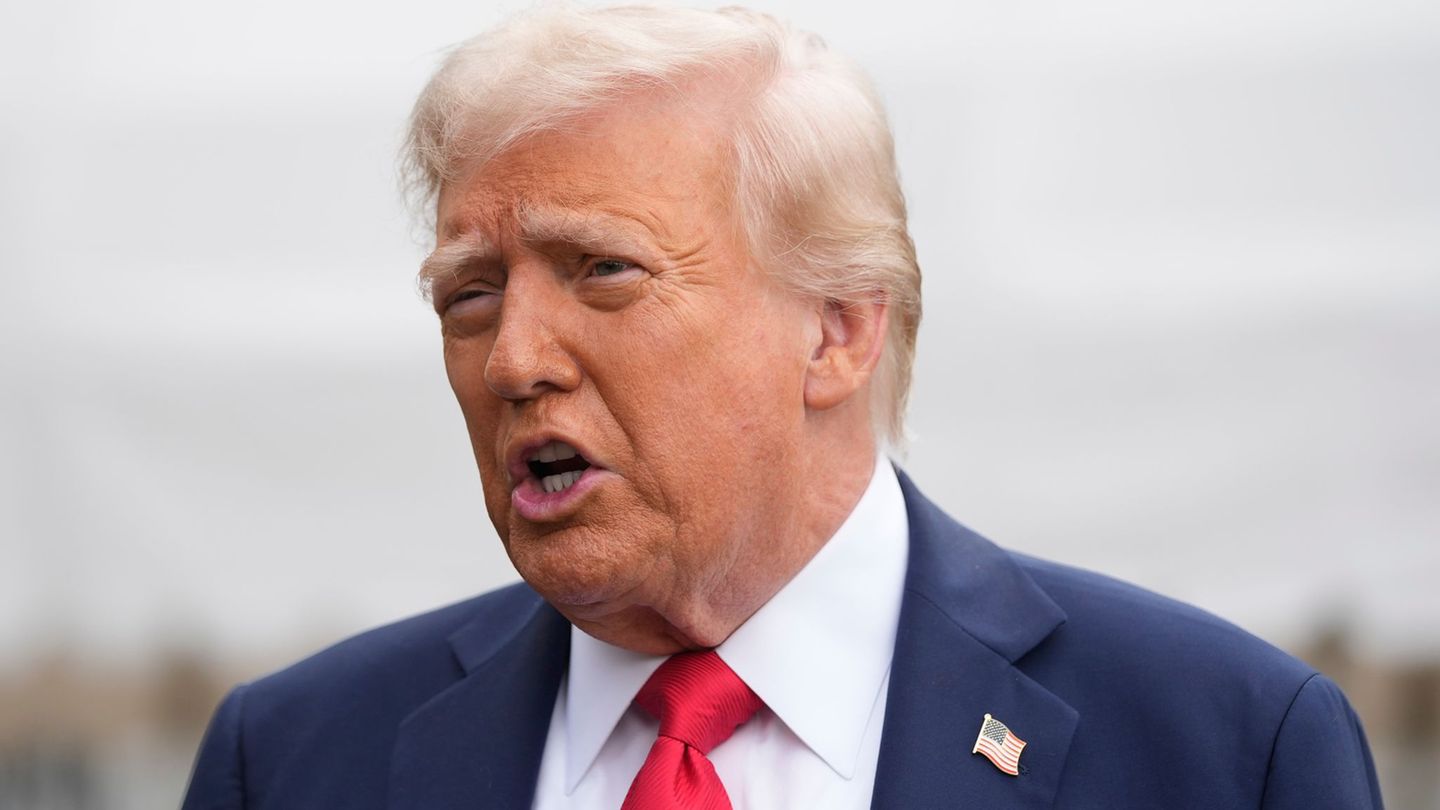The procedure will go from Foreign Affairs to the Ministry of the Interior
With the new regulations, applications for permanent residence by foreigners from countries of the mercosur will be managed through the National Directorate of Migrations (DNM) of the Ministry of the Interior (MI)and not in the Ministry of Foreign Affairs, as it was until now.
The decision, for Vuille, “will order” and “expedite” the process. With the current scheme, shifts could only be obtained one day and time a week, Fridays at 3:30 p.m. “It was really a fight to get turns. Now there will be shifts on any day of the week and that makes it possible to plan when to request it”, the specialist noted.
In turn, residences for foreigners from Mercosur were managed in Foreign Relations, while for the rest of the world it was done in the MI. “What is done now is unify all the processing”, he explained.
In addition, this will imply that, from now on, the procedure that could only be done in Foreign Ministry offices can be carried out in any office of the Interior of the country.
The management cost and the re-entry payment, the other two changes
On the other hand, among the new modifications, the one that generates the most controversy is the application for legal residence, which until now was free, and which will now have a cost of 613 Indexed Units (UI), that is, 3,440 Uruguayan pesos (88 dollars) at today’s value.
The Venezuelan community in Uruguay spoke out against the measure. From the NGO Manos Veneguayas they believed that the amount that would be charged would be “token”.
The reason for this new tariff is explained in terms of “reciprocity”: until now, when Uruguayans managed residences in other countries they had to pay, and instead, Uruguay was the only country that did not require any payment. In fact, Brazilians are the only ones in the region who will be able to continue carrying out the process for free, since Brazil does not charge Uruguayans either.
Finally, there will be a third change: once the process has begun and up to the moment residence is granted, a fee must be paid reentry permit each time you leave the country, with a cost of 225.60 UI, that is, 1,266 pesos (about 32 dollars).
“People applied for residency and maybe they didn’t even live in Uruguay, and they came and went innumerable times. Perhaps what is sought is to put a small brake on this coming and going while the residence is not final, “said Vuille.
The effects of the new changes in legal residences
For Vuille, the new modifications will not generate a downward effect in the number of tax residence applications. “It will order and make the process much more agile and friendly,” he considered. In 2021 there was a boom in procedures, of almost 12,500. Then it stabilized quite a bit and returned to pre-pandemic levels.
In addition, in a context where the national government promotes a talent law to encourage the establishment of professionals —mainly from the IT sector—, the question remains whether the implementation of a cost goes in the same direction as trying to “filter” what type of immigration is sought to encourage.
“I think so. This can mean that not everyone can access a residence, because there is already one small barrier to entryVille acknowledged.
“This is a lot of order, because the agenda was previously restricted and there was no requirement to get an appointment beyond uploading the documents. Anyone sat anywhere in the world, took an hour and if he didn’t go afterwards, nothing happened. Now it means throwing away almost 100 dollars”, added the specialist.
In this sense, he concluded: “This barrier will help not only not to distribute residences like candy, but also to make whoever is going to do it really think twice.”
The required documentation will remain the same
Beyond all the changes that the Executive Branch implemented this Friday, the documentation that will be required for the process will remain the same as it has been until now:
- Identification document of country of origin.
- Certificate of criminal record.
- birth certificate apostilled and legalized.
- Vaccine Certification double bacterial and triple viral.
Source: Ambito




